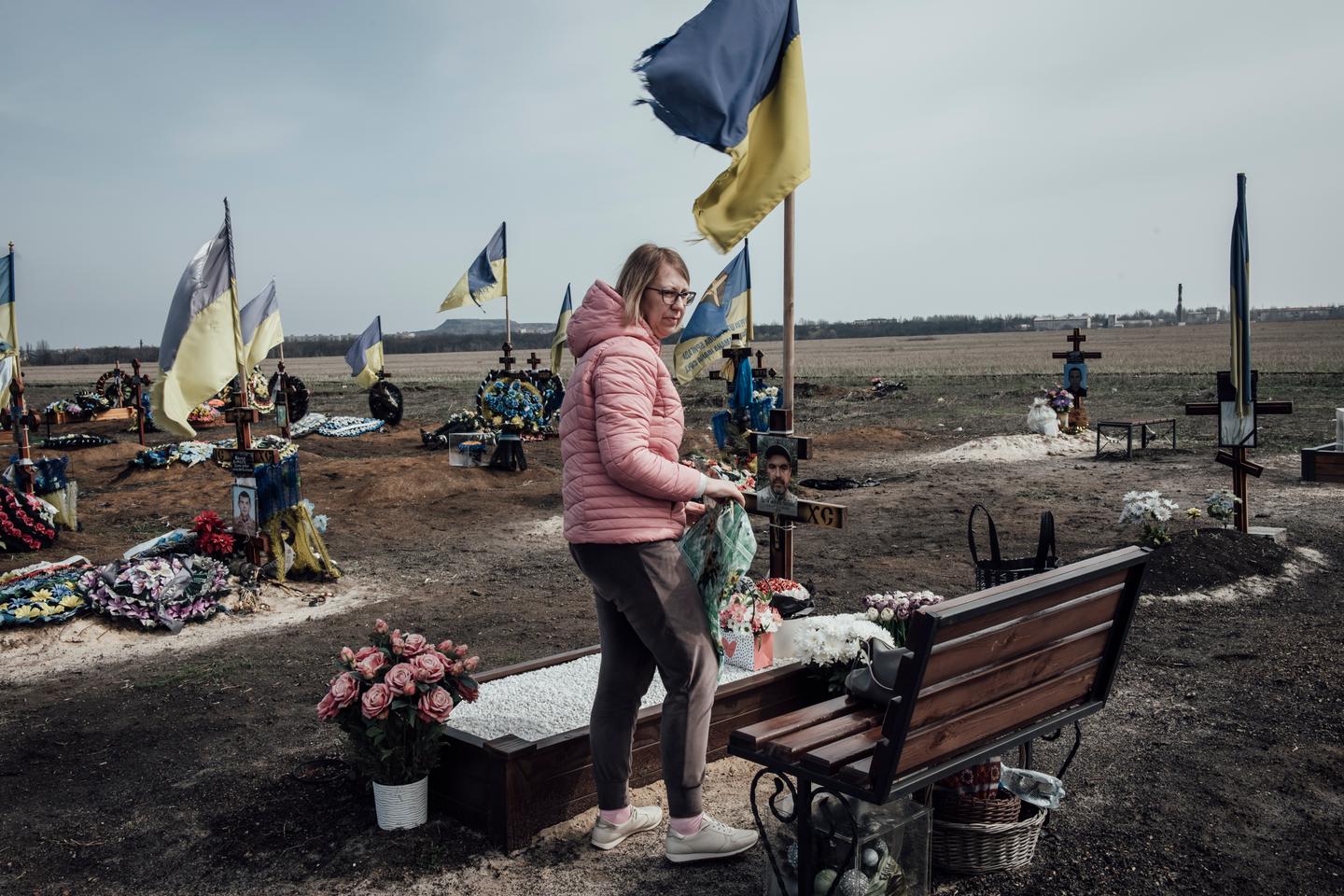


Where was Russia? On Wednesday, April 2, on the large board presented by Donald Trump that lists countries struck by American tariffs, one absence was particularly noticeable: that of Vladimir Putin's regime. While the poorest countries and places as remote as Antarctic islands were hit by the US president's tariff onslaught, Russia was curiously spared.
White House spokeswoman Karoline Leavitt tried hard to argue that Moscow was already subject to sanctions that "preclude any meaningful trade" between the two nations. The argument is deceptive, as the value of Russian exports to the United States amounts to $3.5 billion (€3.2 billion), despite the war. This is more than 130 other countries in the world, which will have to pay tariffs. Ukraine, despite being attacked by Russia, will have to pay a 10% tax.
This favor granted to Russia by Trump raises questions about the fate of Western sanctions against it. As Washington pushes for a quick end to the fighting, Steve Witkoff, the American special envoy at the heart of the ceasefire negotiations, stated in March that the easing of sanctions would occur as soon as the talks succeed. This would happen without waiting for a peace agreement or a possible European green light.
Even if Europe is not invited to the negotiating table, its role can still prove crucial, as it largely holds the key to the sanctions mechanism. The US can lift some constraints, but it ultimately has few levers on the Russian economy. Geography is decisive in this domain: Russia is much more dependent on the European Union (EU) than on the US.
Even if Washington decided to restore its trade relations with Moscow, the effects would remain limited. Before the invasion of Ukraine, they barely reached $35 billion, 10 times less than with Europe, Russia's main trading partner.
Atrophied economy
The theory that Trump would push for an urgent ceasefire to allow American companies to sign thousands of lucrative contracts is not a serious one. Russia is far from being an El Dorado. The lack of rule of law, the expropriation of foreign companies that were present before the war and the uncertainties generated by Putin's unabashed expansionism are enough to deter American banks and investors.
You have 57.32% of this article left to read. The rest is for subscribers only.
